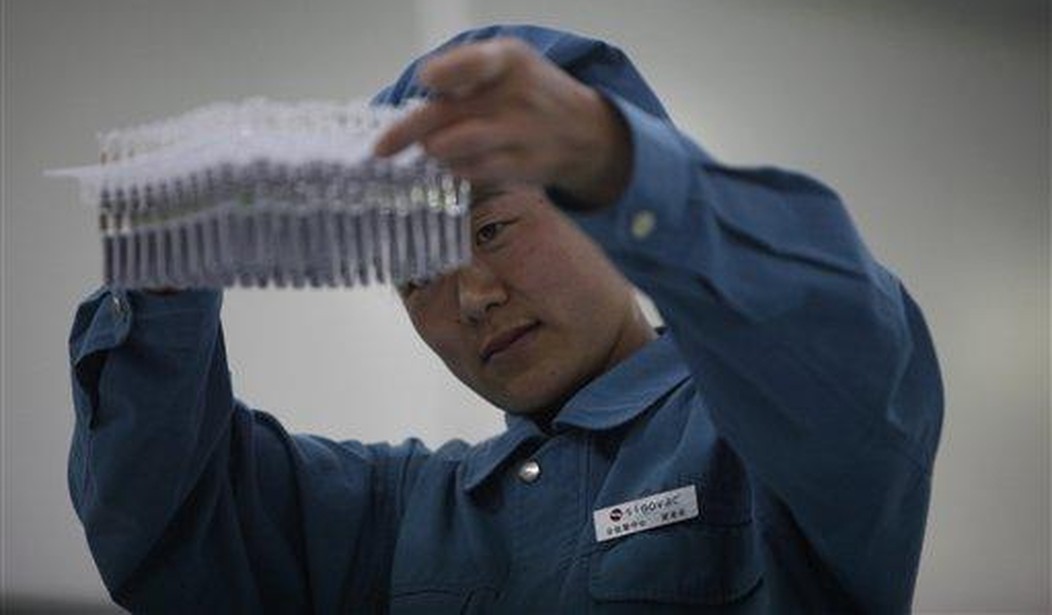The Chinese Communists had promised the world a safe, effective vaccine to combat the coronavirus pandemic. Before their vaccines had even hit the market, they were selling millions of doses to countries such as Mongolia, Bahrain, and Chile. They loaned a billion dollars to Latin America so countries there could afford the shots. They gave 100,000 doses to tiny, impoverished Bangladesh.
All of this was to build goodwill and improve strained relations that China had damaged so much in recent years. Indonesia — which never counted itself a “friend” of China — was being given vaccine doses when most of the west was still trying to get their own populations vaccinated.
But there was one, small problem with the vaccines. They don’t work very well.
In the Seychelles, Chile, Bahrain and Mongolia, 50 to 68 percent of the populations have been fully inoculated, outpacing the United States, according to Our World in Data, a data tracking project. All four ranked among the top 10 countries with the worst Covid outbreaks as recently as last week, according to data from The New York Times. And all four are mostly using shots made by two Chinese vaccine makers, Sinopharm and Sinovac Biotech.
“If the vaccines are sufficiently good, we should not see this pattern,” said Jin Dongyan, a virologist at the University of Hong Kong. “The Chinese have a responsibility to remedy this.”
It’s too late to fix the problem. There may be as many as a billion doses of the Sinovac Chinese-made vaccine that have been given out — mostly to Chinese citizens. And we’ll never hear what’s truly happening in China with surges and outbreaks.
It’s the other nations that should concern us.
Disparities such as these could create a world in which three types of countries emerge from the pandemic — the wealthy nations that used their resources to secure Pfizer-BioNTech and Moderna shots, the poorer countries that are far away from immunizing a majority of citizens, and then those that are fully inoculated but only partly protected.
China, as well as the more than 90 nations that have received the Chinese shots, may end up in the third group, contending with rolling lockdowns, testing and limits on day-to-day life for months or years to come. Economies could remain held back. And as more citizens question the efficacy of Chinese doses, persuading unvaccinated people to line up for shots may also become more difficult.
China’s failure to deliver what it promised means economic disruptions even for countries that have been fully inoculated. The interdependent world means more disorder in supply chains and continued problems in travel and tourism.
Related: China Covid Apologist Peter Daszak ‘Recuses Himself’ From Prestigious Coronavirus Board
Many of these countries who bought the Chinese Communists’ lies are regretting that decision.
Mongolia was a beneficiary, jumping at the chance to score millions of Sinopharm shots. The small country quickly rolled out an inoculation program and eased restrictions. It has now vaccinated 52 percent of its population. But on Sunday, it recorded 2,400 new infections, a quadrupling from a month before.
Pandemic restrictions, economic shutdowns, social disruptions — all of that will continue in countries that bought China’s snake oil.










Join the conversation as a VIP Member